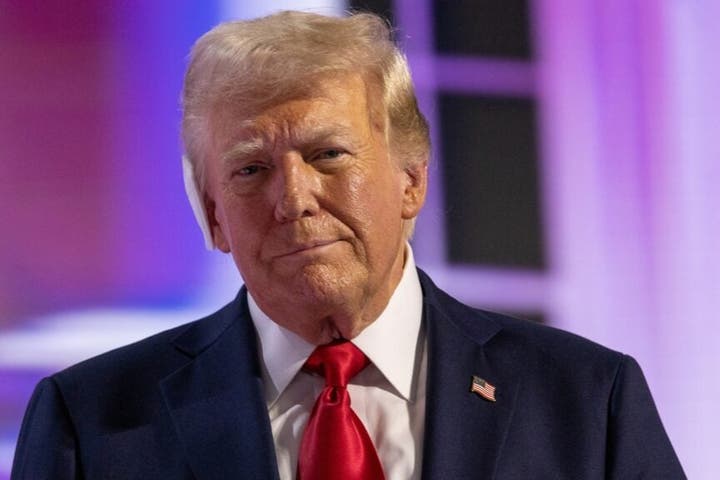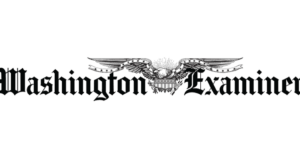
President Donald Trump is under fire from Jewish leaders and lawmakers following his use of a term with deep antisemitic roots during a rally in Iowa. On Thursday night, while discussing estate taxes, Trump referred to lenders as “Shylocks and bad people,” a comment that immediately drew criticism, according to The New York Times.
Trump’s remark has been widely condemned for its historical association with antisemitic stereotypes. When questioned about the comment, the president claimed ignorance of the term’s offensive nature. However, his explanation has done little to quell the backlash.
Historical Context and Immediate Reactions
The term “Shylock” originates from William Shakespeare’s play The Merchant of Venice, where it is used to depict a Jewish moneylender. Over time, it has become synonymous with harmful stereotypes linking Jewish people to greed and exploitation. As a result, its use is considered highly offensive and damaging.
Rep. Dan Goldman (D-NY) was quick to denounce the president’s language, describing it as “blatant and vile antisemitism” and suggesting that Trump’s words were a deliberate provocation. Goldman stressed the importance of condemning antisemitism across all political lines.
Similarly, Rep. Jerry Nadler (D-NY) labeled the term “one of the most recognizable antisemitic slurs in the English language.” He argued that the comment reflects a systemic issue of antisemitism within Trump’s administration, pointing directly to the president as a source.
Condemnation from Organizations
The Anti-Defamation League (ADL) also condemned Trump’s remark, stating that using the term “Shylock” reinforces longstanding prejudices. The organization described the language as “extremely offensive and dangerous.”
“Invoking ‘Shylock’ reinforces age-old prejudices linking Jewish identity to greed,” the ADL stated.
Despite Trump’s previous assertions that combating antisemitism is a priority for his administration, critics argue that his rhetoric often undermines these efforts. Measures such as withdrawing federal funding from universities over alleged antisemitic activities and revoking visas for pro-Palestinian demonstrators have been cited as examples of his administration’s stance.
Comparisons and Historical Parallels
The incident has drawn parallels to a 2014 controversy involving then-Vice President Joe Biden, who apologized for using the same slur during a speech. Biden’s swift acknowledgment of the mistake contrasts with Trump’s claim of ignorance, highlighting different approaches to addressing such missteps.
Public scrutiny is intensifying as Jewish organizations and lawmakers demand consistent accountability for language and actions that perpetuate harmful stereotypes. The debate over the boundaries between free expression and the propagation of damaging stereotypes has been reignited by Trump’s comment.
Implications and Future Outlook
The controversy underscores ongoing tensions within American political discourse regarding antisemitism and the responsibilities of public figures to avoid language that could perpetuate hate. As calls for accountability grow louder, the incident may influence future discussions on the limits of free speech and the importance of cultural sensitivity.
As the administration continues to navigate these complex issues, the need for clear and consistent policies against antisemitism remains critical. The broader implications for political rhetoric and its impact on societal attitudes towards marginalized communities will likely be a focal point in upcoming debates.






